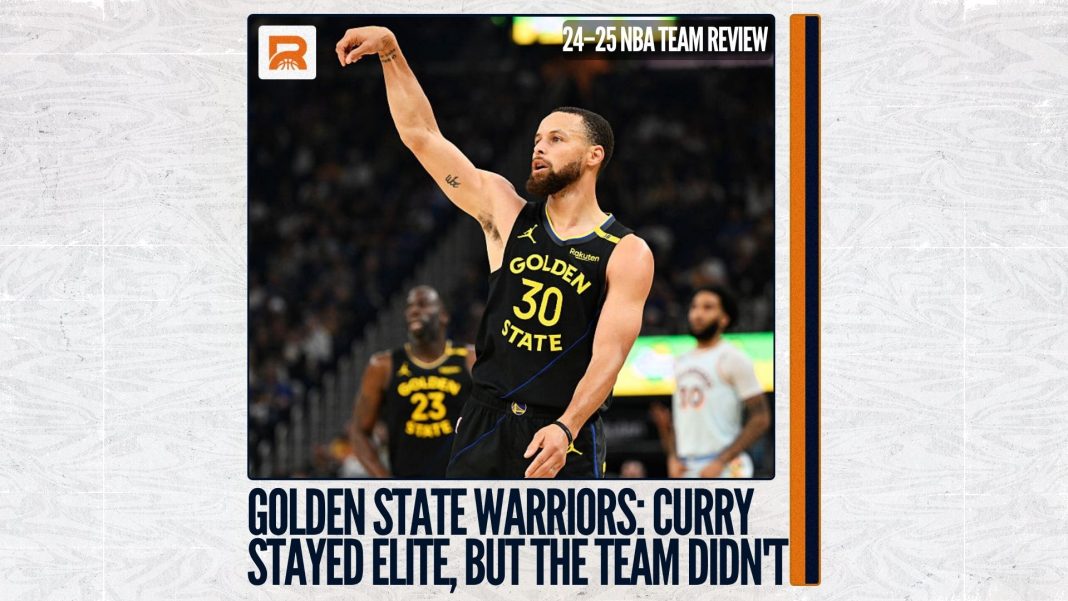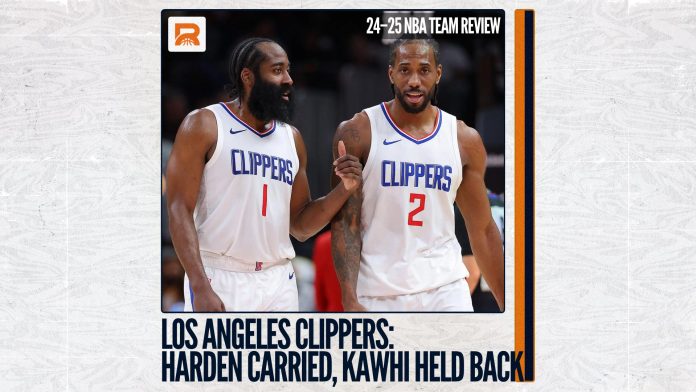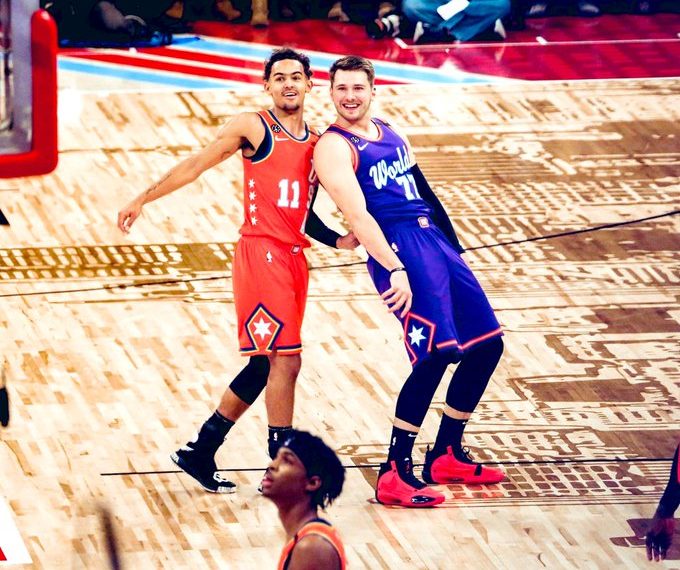The 2024-25 Golden State Warriors season was a mix of early promise and later disappointment, with a strong start fueled by Stephen Curry’s brilliance and new additions, but a midseason slide and playoff exit underscored persistent challenges.
The Good
Stephen Curry’s Elite Play:
At 36, Curry remained a superstar, averaging 25.5 points, 6.3 assists, and 4.5 rebounds on 45/40/92 shooting splits (per Basketball-Reference). His clutch performances, like a 37-point, 9-assist game against the Lakers in February 2025, earned him his 10th All-Star selection.
Strong Start and Playoff Berth:
The Warriors opened the season 14-3, their best start since 2015-16, and finished 46-36, clinching the sixth seed in the Western Conference. This marked a return to the playoffs after missing out in 2023-24. We all thought this could be the “resurgence” of the Golden Boys early in the season.
Effective Offseason Additions:
The additions of Buddy Hield (via sign-and-trade), Dennis Schröder, and Kyle Anderson bolstered depth. Hield shot 41.3% from three on 7.0 attempts, complementing Curry’s shooting, while Schröder’s 6.1 assists off the bench and defensive hustle (1.5 steals per game) added spark. Anderson’s versatility enabled small-ball lineups
Young Talent Development:
Jonathan Kuminga broke out, averaging 18.6 points and 5.1 rebounds on 46.2% shooting, with 43.8% efficiency on midrange shots. His athleticism and improved defense created a case for him to be really considered as a possible cornerstone of GSW’s future.
Draymond Green’s Defensive Anchor:
Green, despite a one-game suspension, earned All-Defensive Second Team honors with 7.0 assists and 1.4 steals per game. His ability to guard multiple positions helped the Warriors rank 10th in defensive rating (108.9).
Three-Point Shooting Prowess:
Golden State led the NBA in three-point attempts (42.1 per game) and ranked third in three-point percentage (38.7%). Curry, Hield, and others combined for 10.4 made threes per game, maintaining the Warriors’ “Splash” identity. Their 1.21 points per possession on catch-and-shoot threes ranked second league-wide.
Financial Flexibility from Klay Thompson Trade:
Trading Thompson to Dallas for Hield and draft picks reduced salary commitments and kept the Warriors under the second apron ($120.7M guaranteed for 2025-26). This move, while emotional, provided flexibility for future signings or trades, which can be considered a “smart pivot” for long-term roster building
The Bad
First-Round Playoff Exit:
The Warriors fell 4-2 to the Minnesota Timberwolves in the first round of the 2025 playoffs, a letdown for a team with title hopes. Minnesota’s size, led by Anthony Edwards and Karl-Anthony Towns, overwhelmed Golden State, particularly in Games 3 and 4 at home. Take note that if Curry had not gotten injured, the series would’ve ended differently.
Midseason Slump:
After their 14-3 start, the Warriors went 32-33 over their final 65 games, including a 5-10 stretch in February-March 2025. Injuries to Curry (8 games missed, ankle sprain) and Green (hamstring) disrupted momentum.
Klay Thompson’s Departure:
Trading Thompson, a four-time champion, was a blow to team morale and fanbase sentiment. His bench role and reduced output (15.8 points, 37.1% 3P before the trade) led to tensions. The trade disrupted chemistry, as Hield couldn’t fully replicate Thompson’s clutch shooting.
Defensive Vulnerabilities:
Despite Green’s impact, the Warriors struggled against athletic wings and bigs, allowing 47.2% on two-point shots (18th in the NBA). Their playoff defensive rating dropped to 112.3 (15th), with Minnesota exploiting their lack of size outside Jackson-Davis and Kevon Looney.
Struggles Against Top Teams:
The Warriors went 3-9 against the West’s top four (Thunder, Nuggets, Timberwolves, Mavericks), with a -8.1 net rating in those games. Their offense stalled in high-stakes matchups, with Schröder and Kuminga struggling against elite defenses.
Aging Core Concerns:
Curry (36) and Green (34) showed durability issues, with Curry’s ankle problems and Green’s suspension raising questions about their longevity.
Role Player Inconsistencies:
Andrew Wiggins regressed, averaging 12.7 points on 42.1% shooting and struggling defensively (0.8 steals per game, down from 1.2). Moses Moody remained inconsistent, averaging 8.4 points in 17.2 minutes. These underperformances limited the team’s ceiling.








